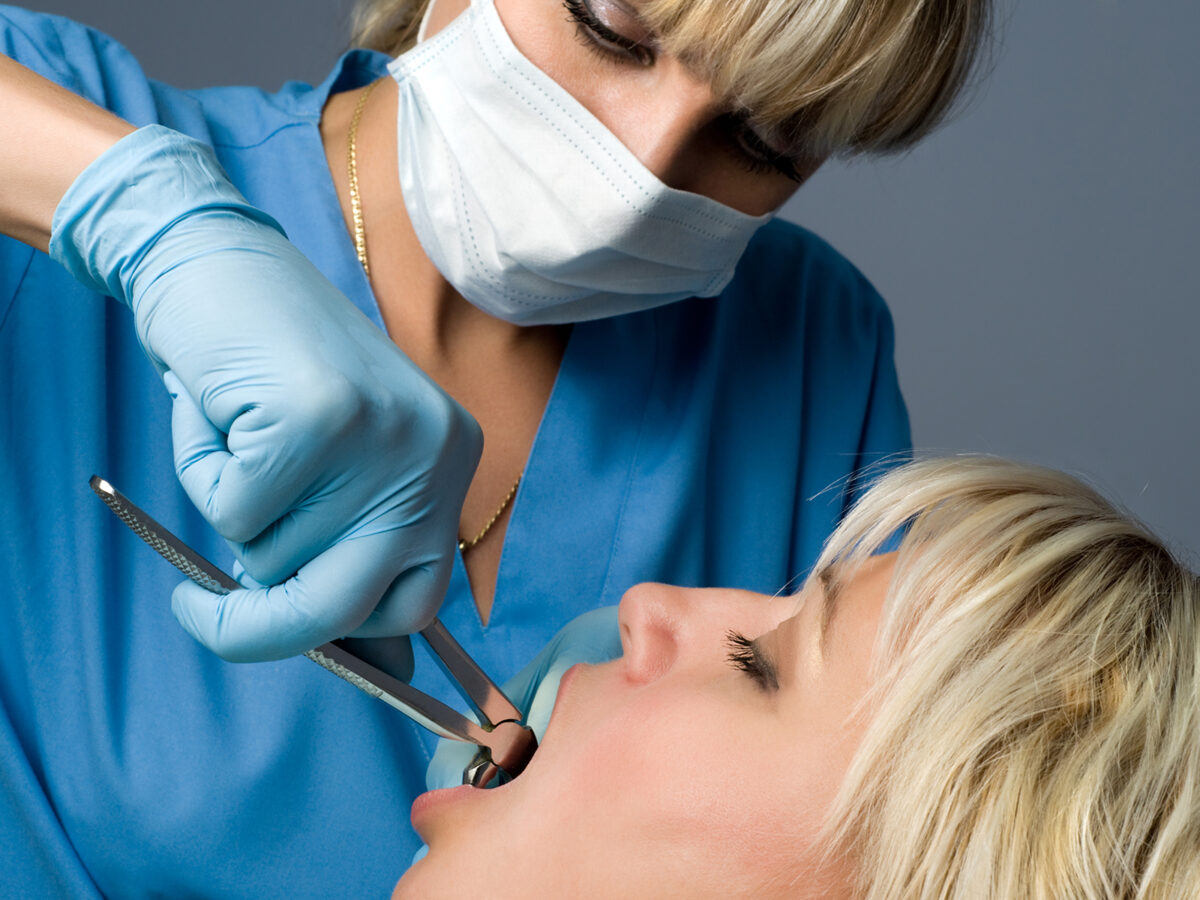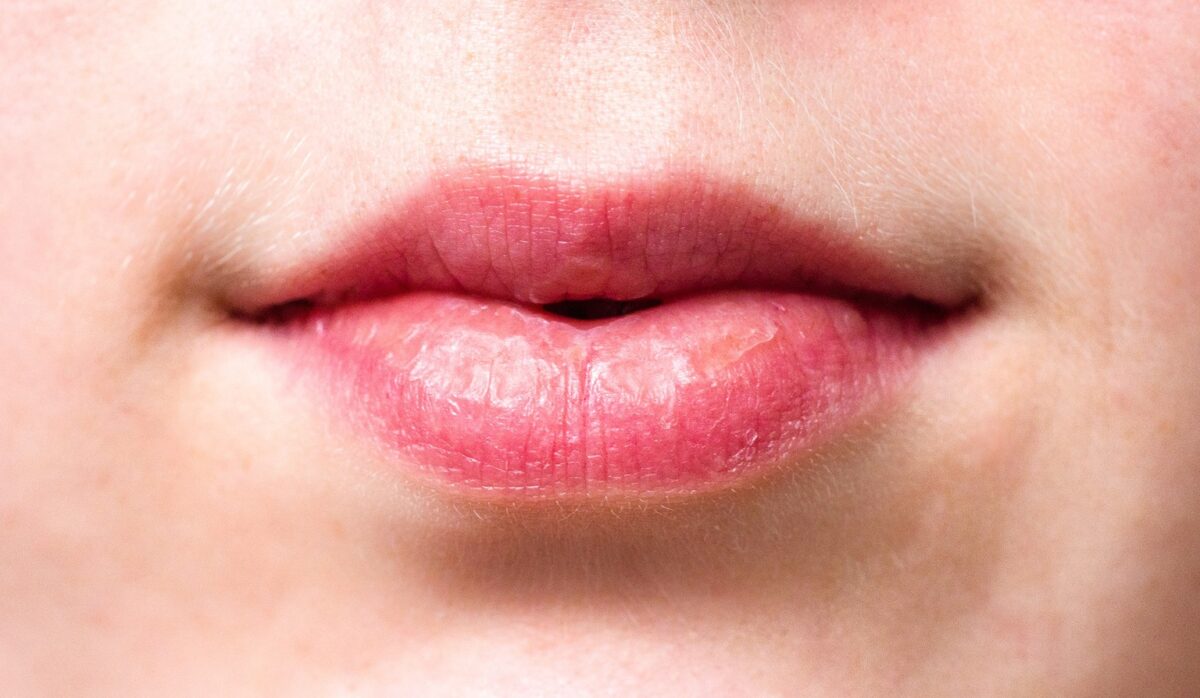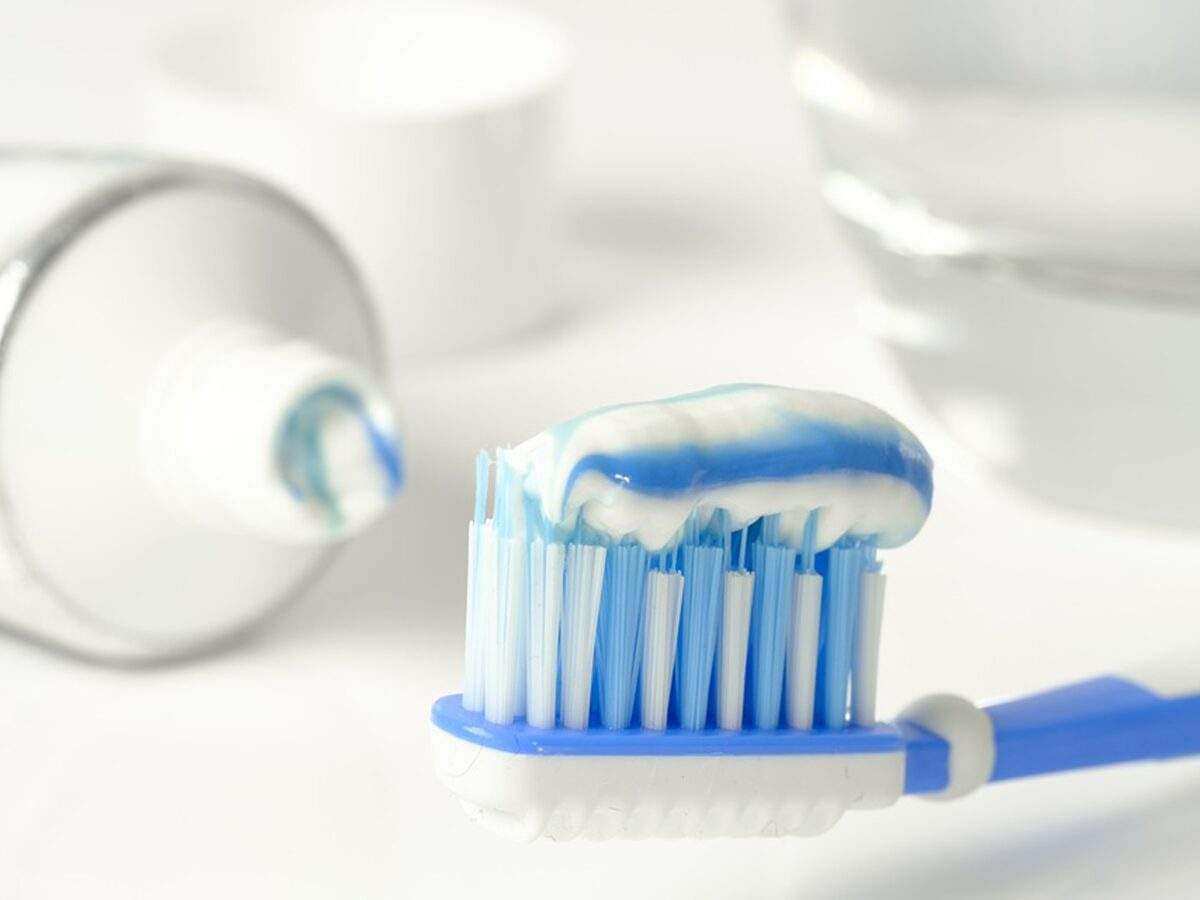We all are aware of the omnipresence of tooth implants in modern dentistry. But, the fact remains that an implant will never surpass the functions and capabilities of your natural teeth. Implants can be your best friend, provided that the tooth or teeth damage is beyond repair. So, we can conclude that an implant should always be the last resort, and we should focus on saving our existing tooth first.
Alternatives For Tooth Extraction
- It is imperative to know where the problem within your dental routine lies. Hence, finding out the type of disease inflicting your tooth and the reason behind the disease is the first step at protecting your precious pearly whites.
- Bacteria inside the mouth are common, harmless and natural. But certain strains of bacteria live in dental plaque, which is a thin biofilm on the teeth, can lead to diseases. As these bacteria proliferate, feeding on leftover sugar, they produce an acid that can erode the protective enamel of the teeth. This erosion can create cavities that must be professionally eradicated and filled.
- At times, the tooth decay reaches the pulp through the root canals, and the entire tooth is in grave danger then. The solution for such a problem is a root canal treatment wherein the dentist accesses the pulp chamber and cleans out all the diseased and dead tissue. After that, the dentist fills the empty root chamber and the root canal with a gutta-percha filling and seals the tooth. Lastly, the tooth is capped with a crown to protect it further.
- Dental plague can also foster gum infections that trigger chronic inflammation. The inflammation can cause gums to emaciate and detach from the teeth to form massive, infection-filled voids called periodontal pockets. This inflamed condition may result in bone deterioration, further weakening the tooth’s hold. A dentist can effectively treat gum disease by removing the plaque that is fuelling the infection. Dentists may use advanced surgical methods for graver cases. After plague removal, the inflammation subsides, and the tissues can finally heal and strengthen. At times, the tissues may need further aid through the gum or bone grafting.
As such, the substitutes for tooth extraction are common and highly recommended by professionals. Prevention is better than cure, and dental hygiene exemplifies this phrase. Your teeth could get another lease on life through proper care.
Taking Care Of Teeth – Tips And Tricks
- The statement may seem clichéd, but brushing teeth thoroughly twice a day is of paramount significance. Any negligence on this daily affair can allow harmful bacteria to attack your teeth quickly.
- You can use mouthwash, dental floss and oil pulling methods to maintain a healthy and happy dental care routine.
- You should choose a toothpaste tube with a significant amount of fluoride and avoid using gritty tubes of toothpaste in the long run.
- You should avoid poor habits like excessive sugar, candies and soft drinks.
In case of any discomfort in the teeth or gums, please visit your nearest dentist at the earliest.
Book Appointment to find out which treatment might be best for you.



